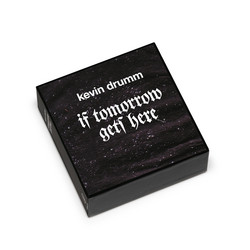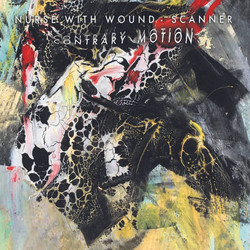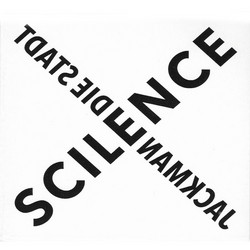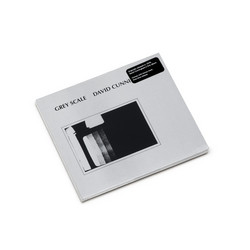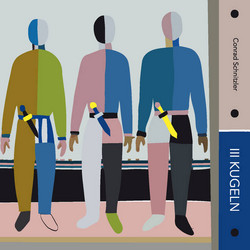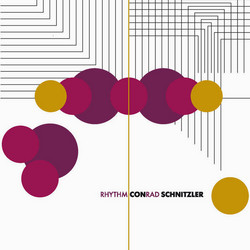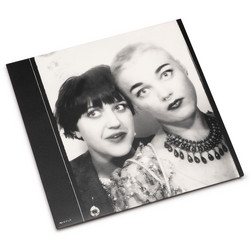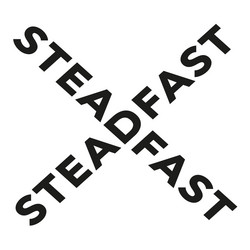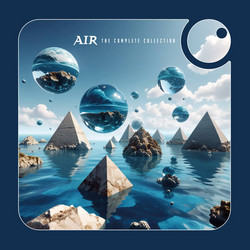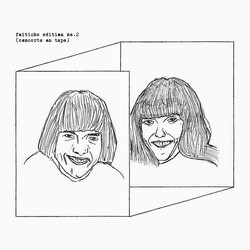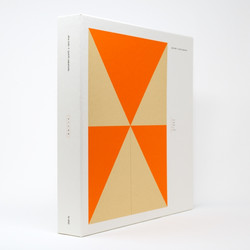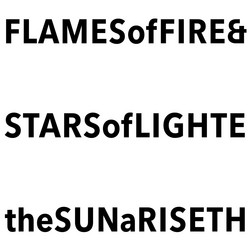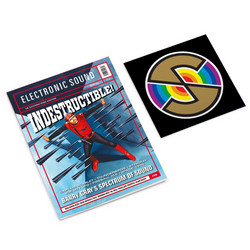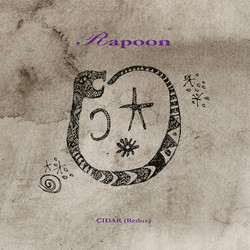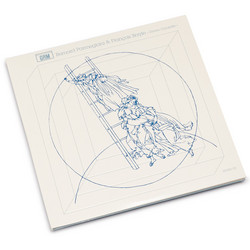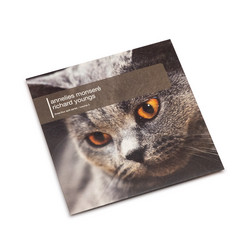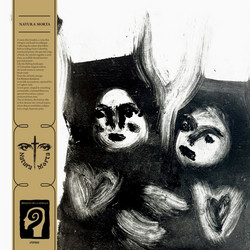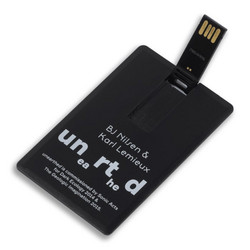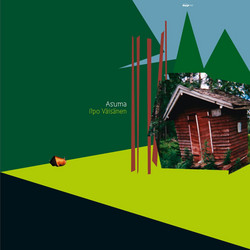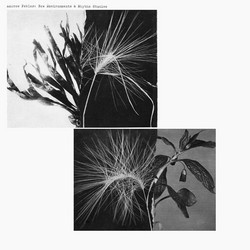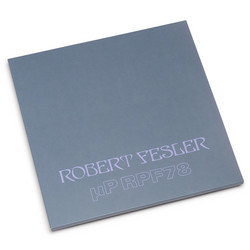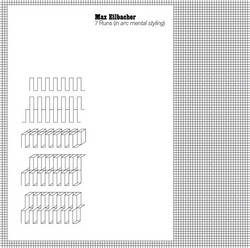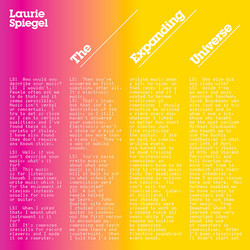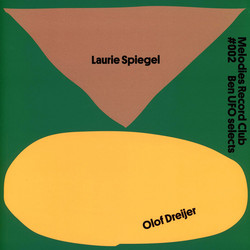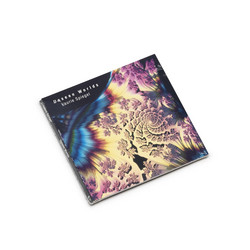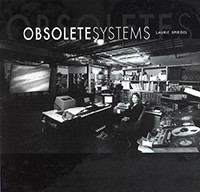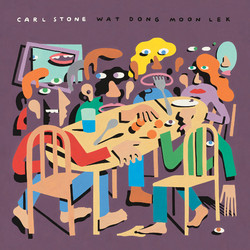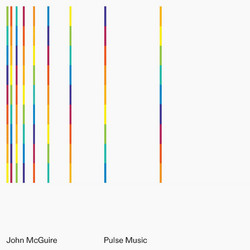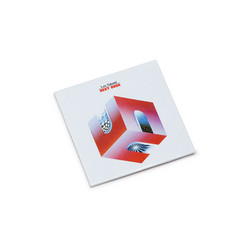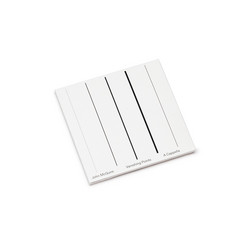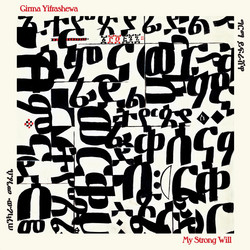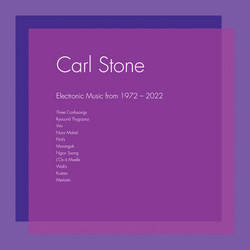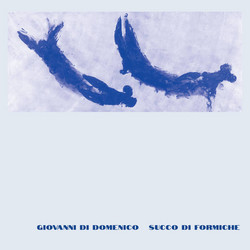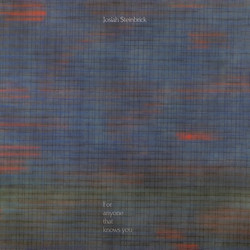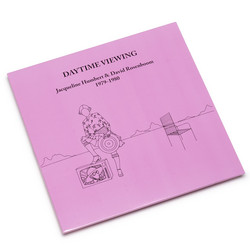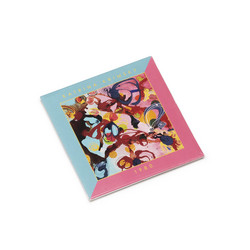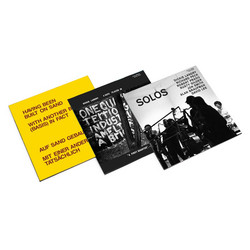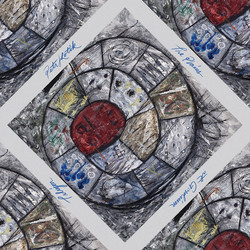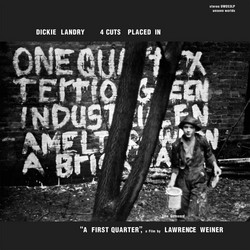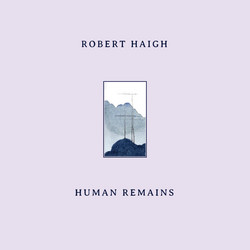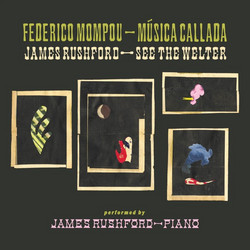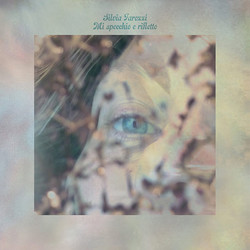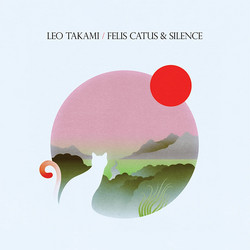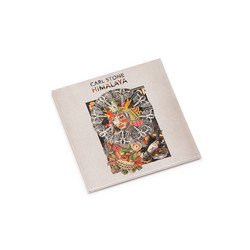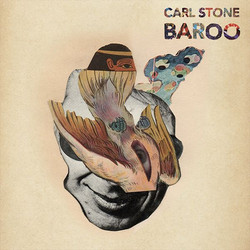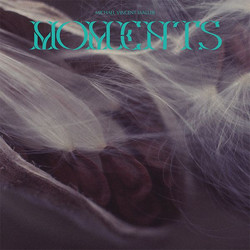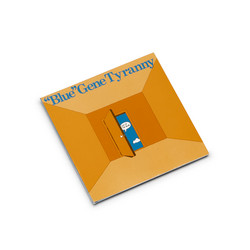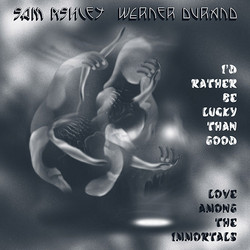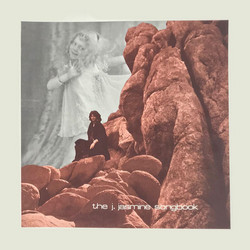Best of 2018
1
2
3
Best of 2018
Laurie Spiegel
The Expanding Universe (2CD)
The Expanding Universe is the 1980 debut album by composer and computer music pioneer Laurie Spiegel. The original album is reissued here as a massively expanded 3LP or 2CD set, containing all four original album tracks plus an additional 15 tracks from the same period, nearly all previously unreleased and many making their first appearance on vinyl in this brand new 2018 edition. Since this album’s first reissue in 2012, it has gone on to be widely established as a classic of electronic, ambient, and 20th century classical music.
Some of the well-loved works included in this set are "Patchwork", the "Appalachian Grove" series, “East River Dawn” and "Kepler's Harmony of the Worlds", which was included on the Golden Record launched on board the Voyager spacecraft. The pieces comprising The Expanding Universe combine slowly evolving textures with the emotional richness of intricate counterpoint, harmony, and complex rhythms (John Fahey and J. S. Bach are both cited as major influences in the original cover's notes), all built of electronic sounds. These works, often grouped with those of Terry Riley, Phil Glass, Steve Reich, differ in their much shorter, clear forms. Composed and realized between 1974 and 1977 on the GROOVE system developed by Max Mathews and F.R. Moore at Bell Laboratories, the pieces on this album were far ahead of their time both in musical content and in how they were made. Each of the included works broke new ground, pioneering completely new methods of live interaction with computer-based logic - ways of creating music that are now reaching the heights of their popularity with Ableton Live, Max/MSP and other interactive music software entering mainstream music production.
Details
Cat. number: UW 019CD
Year: 2018
